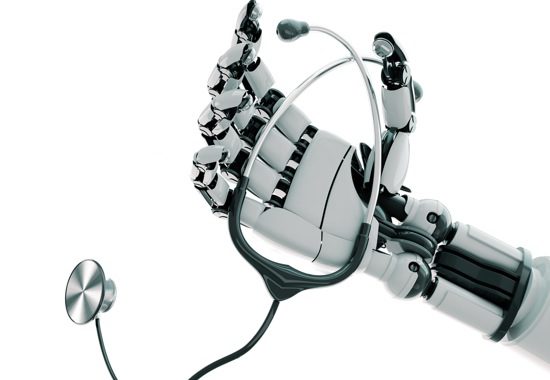Autonomy and Automation in Old Age

The world’s fast-growing elderly population faces more age-related disease, higher health costs, and fewer children to care for them than ever, while the resulting caregiver shortage puts them at an increased risk of abuse and neglect. Some medical professionals, like geriatrics professor Louise Aronson, are proposing robots as a solution to both assist overwhelmed human caregivers and replace those guilty of mistreatment, as “most of us do not live in an ideal world, and a reliable robot may be better than an unreliable or abusive person, or than no one at all.”
Aronson’s robotic geriatrics are no fantasy but an existing solution in places like Japan, which has the world’s grayest population and the economic resources available for $100K, yard-tall robots to be feasible. Yet Japan’s relationship with robots shows that making robot caregivers cheaper might not make them any more successful. Japan’s elderly have rejected the robots, asking instead for humans. The only robots with modest success among Japanese elderly have imitated pets, providing limited social engagement rather than medical care and companionship—tasks still preferably assigned to human caregivers.
As Japan shows, the robot caregiver solution does not fail on economic or technological grounds, where boundaries are largely surmountable with time. Rather, turning an intimate job like geriatrics into an automated service sector is a misunderstanding of the profession at hand, which requires both emotional and ethical investment in patients.
Caitrin Nicol Keiper, countering David Levy’s Love and Sex with Robots, explained that such encouragement of human-robot intimacy stems from a misunderstanding of the human as mere biochemical machine. The caregiver shortage does not merely stem from a lack of medical aides to perform mechanical tasks, but also an absence of loving companions who ensure the experience of disability and old age is not a solitary one. These robots, after all, are often explicitly designed to counter the negative health effects of loneliness.
But that loneliness has been cemented in a medical and legal culture that is guided above all else by the principle of individual bodily autonomy. Advance directives and living wills allow patients to lay out their medical decisions ahead of time, discouraging the real-time participation of family members or other caregivers in the medical lives of the elderly. As Leon Kass, then chairman of the President’s Council on Bioethics, reflected in a 2005 report on geriatrics, “Living wills make autonomy and self-determination the primary values at a time of life when one is no longer autonomous or self-determining, and when what one needs is loyal and loving care.”
This cultural reluctance to participate communally in the care of the elderly often expresses itself as avoiding the “burdening” of loved ones. But as Gilbert Meilaender asked in 1991, “Is this not in large measure what it means to belong to a family: to burden each other and to find, almost miraculously, that others are willing, even happy, to carry such burdens?” He continued, “I have tried, subject to my limits and weaknesses, to teach that lesson to my children. Perhaps I will teach it best when I am a burden to them in my dying.”
As Meilaender and Kass suggest, the central problem is not medical incompetence, or even moral indifference, but a break in generational relationships. Neither the elderly nor their medical professionals want them to be dependent on robots rather than people, but, especially among the childless or otherwise socially disconnected, the aged may have little choice. As such, the inhumanity of Aronson’s geriatrics may not be a particularly medical problem, but a social problem. As long as we culturally insist on autonomy, we will technologically insist on automation.
Comments